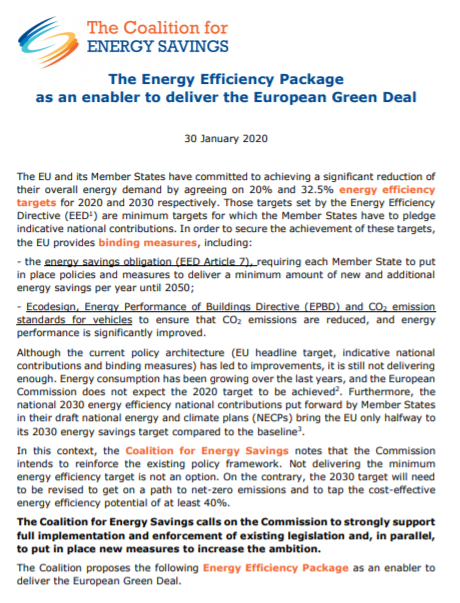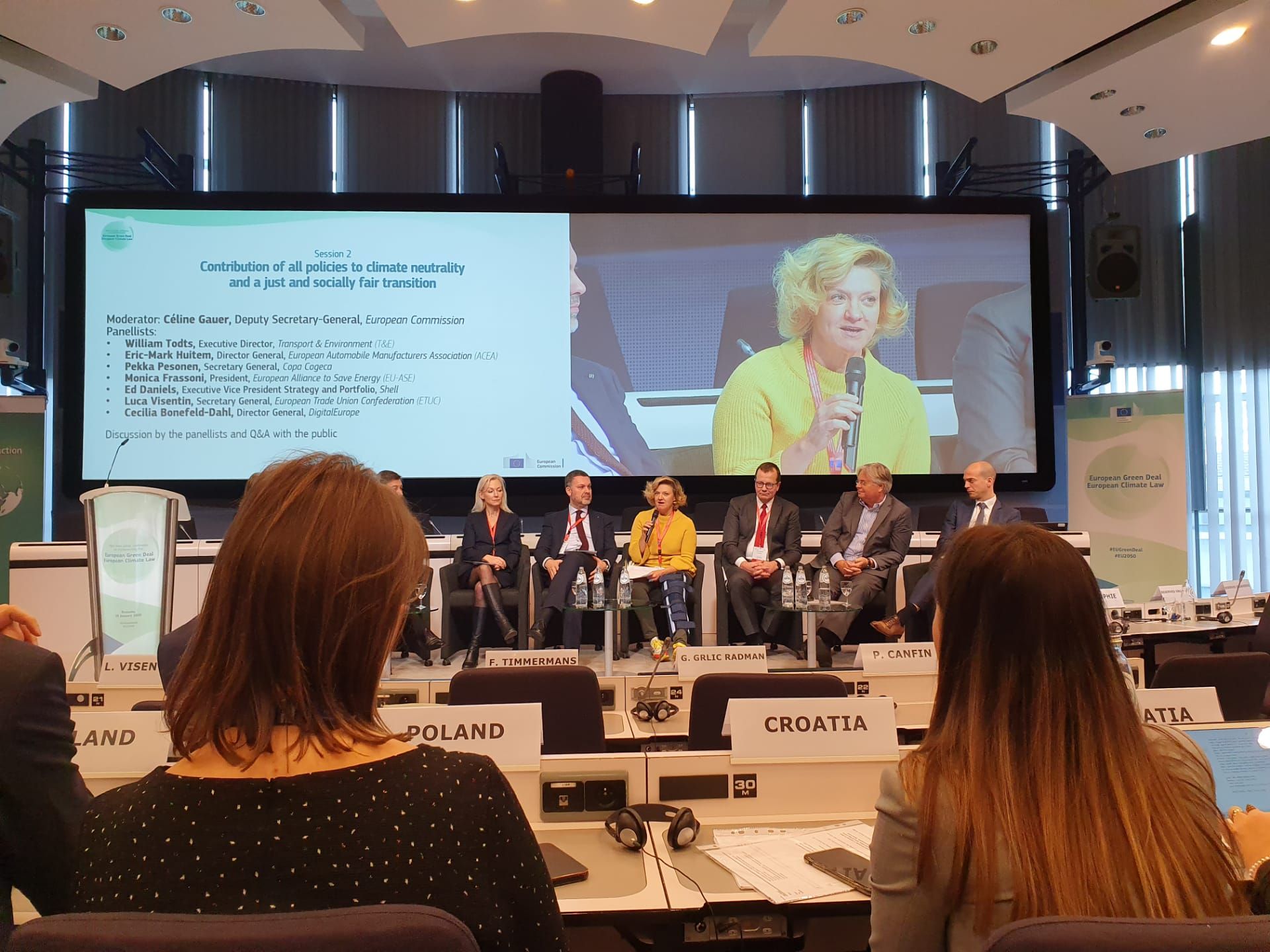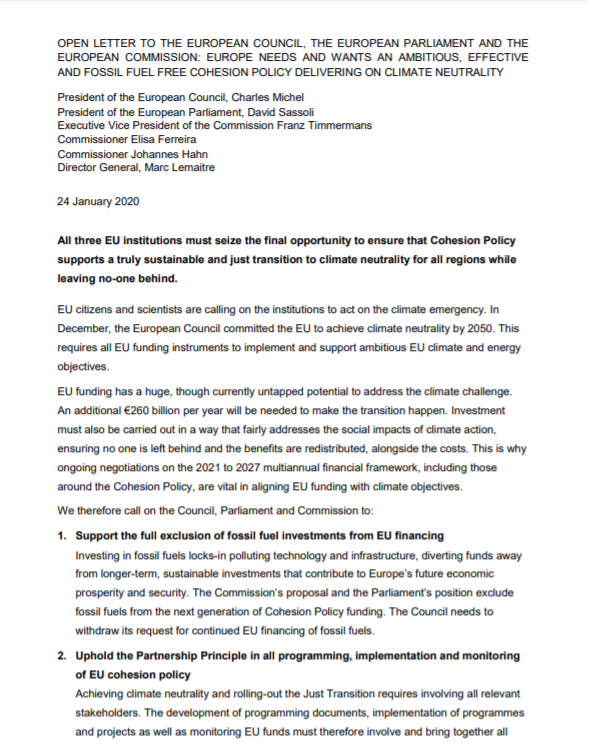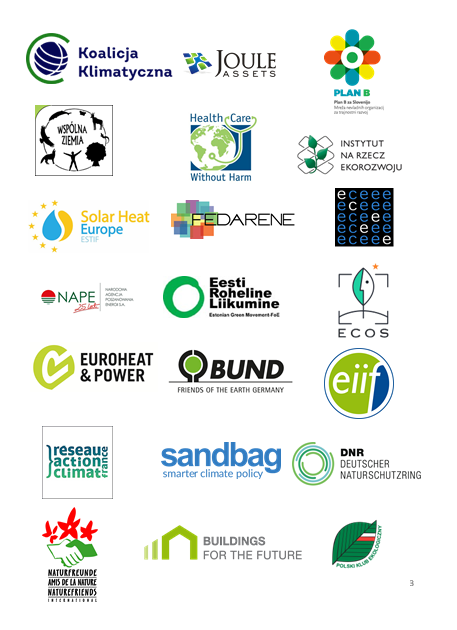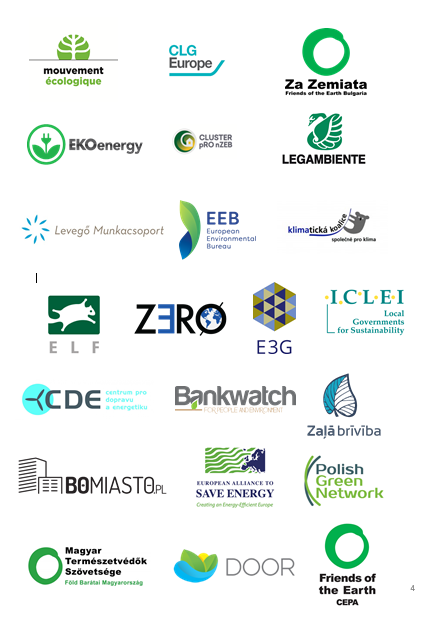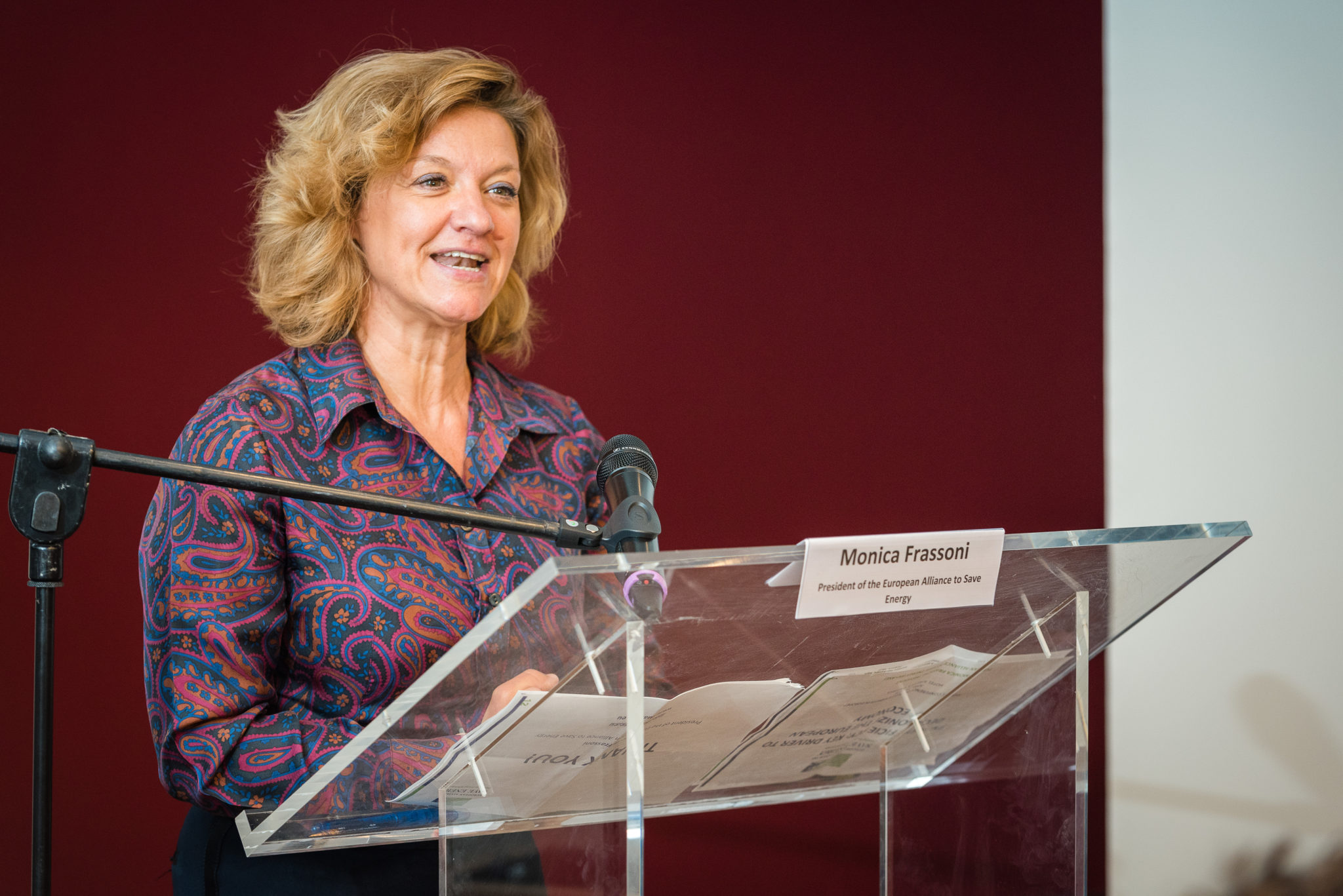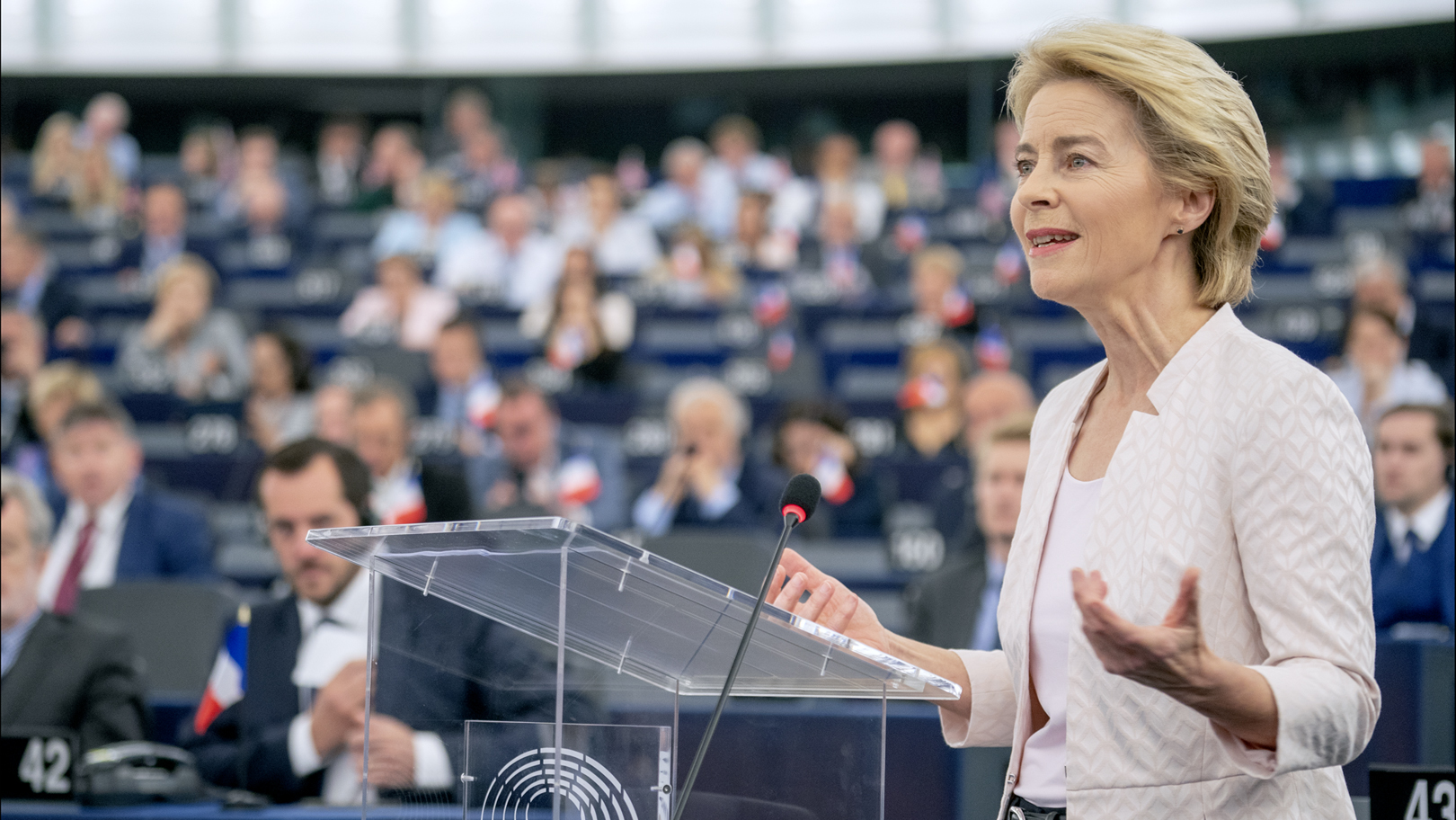24 January 2020
OPEN LETTER TO THE EUROPEAN COUNCIL, THE EUROPEAN PARLIAMENT AND THE EUROPEAN COMMISSION: EUROPE NEEDS AND WANTS AN AMBITIOUS, EFFECTIVE AND FOSSIL FUEL FREE COHESION POLICY DELIVERING ON CLIMATE NEUTRALITY
President of the European Council, Charles Michel
President of the European Parliament, David Sassoli
Executive Vice President of the Commission Frans Timmermans
Commissioner Elisa Ferreira
Commissioner Johannes Hahn
Director General, Marc Lemaitre
All three EU institutions must seize the final opportunity to ensure that Cohesion Policy supports a truly sustainable and just transition to climate neutrality for all regions while leaving no-one behind.
EU citizens and scientists are calling on the institutions to act on the climate emergency. In December, the European Council committed the EU to achieve climate neutrality by 2050. This requires all EU funding instruments to implement and support ambitious EU climate and energy objectives.
EU funding has a huge, though currently untapped potential to address the climate challenge. An additional €260 billion per year will be needed to make the transition happen. Investment must also be carried out in a way that fairly addresses the social impacts of climate action, ensuring no one is left behind and the benefits are redistributed, alongside the costs. This is why ongoing negotiations on the 2021 to 2027 multiannual financial framework, including those around the Cohesion Policy, are vital in aligning EU funding with climate objectives.
We therefore call on the Council, Parliament and Commission to:
- Support the full exclusion of fossil fuel investments from EU financing
Investing in fossil fuels locks-in polluting technology and infrastructure, diverting funds away from longer-term, sustainable investments that contribute to Europe’s future economic prosperity and security. The Commission’s proposal and the Parliament’s position exclude fossil fuels from the next generation of Cohesion Policy funding. The Council needs to withdraw its request for continued EU financing of fossil fuel.
- Uphold the Partnership Principle in all programming, implementation and monitoring of EU cohesion policy
Achieving climate neutrality and rolling-out the Just Transition requires involving all relevant stakeholders. The development of programming documents, implementation of programmes and projects as well as monitoring EU funds must therefore involve and bring together all relevant partners from the local and national levels. Both Member States and the Commission have to ensure the full involvement of partners from the onset of the new programming process, both in legislative provisions and in practice, in order to guarantee EU funds genuinely benefit climate action in all EU’s regions.
- Support strong climate mainstreaming and ensure that all EU funding programmes and projects are embedded in strategies that support climate objectives
The Commission proposal highlights the important role Cohesion Policy will play in addressing climate change in a socially fair way. To deliver on the transition, a binding 40 per cent earmarking for climate and environment across all Cohesion Policy funding has to be adopted, and climate neutrality compatibility and objectives must be embedded in all future spending plans.
The Parliament’s position on the European Regional Development Fund, Cohesion Fund and the Common Provisions Regulation is close to bringing EU funds in line with the goals of the Paris Agreement. However, it is the responsibility of all three EU institutions to realise the full potential of the €374 billion to deliver on the just transition towards climate neutrality, as demanded by European citizens.
The EU is at a critical moment. The next decade of EU funding will be crucial if Member States are to set off down a pathway that is consistent with the international commitments under the Paris Agreement and if they are to promote a transition that is socially fair, sustainable and advantageous to their citizens and their economies.
The undersigned organisations urge you to accept these recommendations and negotiate a Cohesion Policy fit to achieve the joint objectives of addressing climate change and supporting regional territorial cohesion.
| Ester Asin |
|
Wendel Trio |
|
Huub Scheele |
| Director |
|
Director |
|
Interim Executive Director |
| WWF European Policy Office |
|
Climate Action Network (CAN) Europe |
|
CEE Bankwatch Network |
List of undersigning stakeholders:
